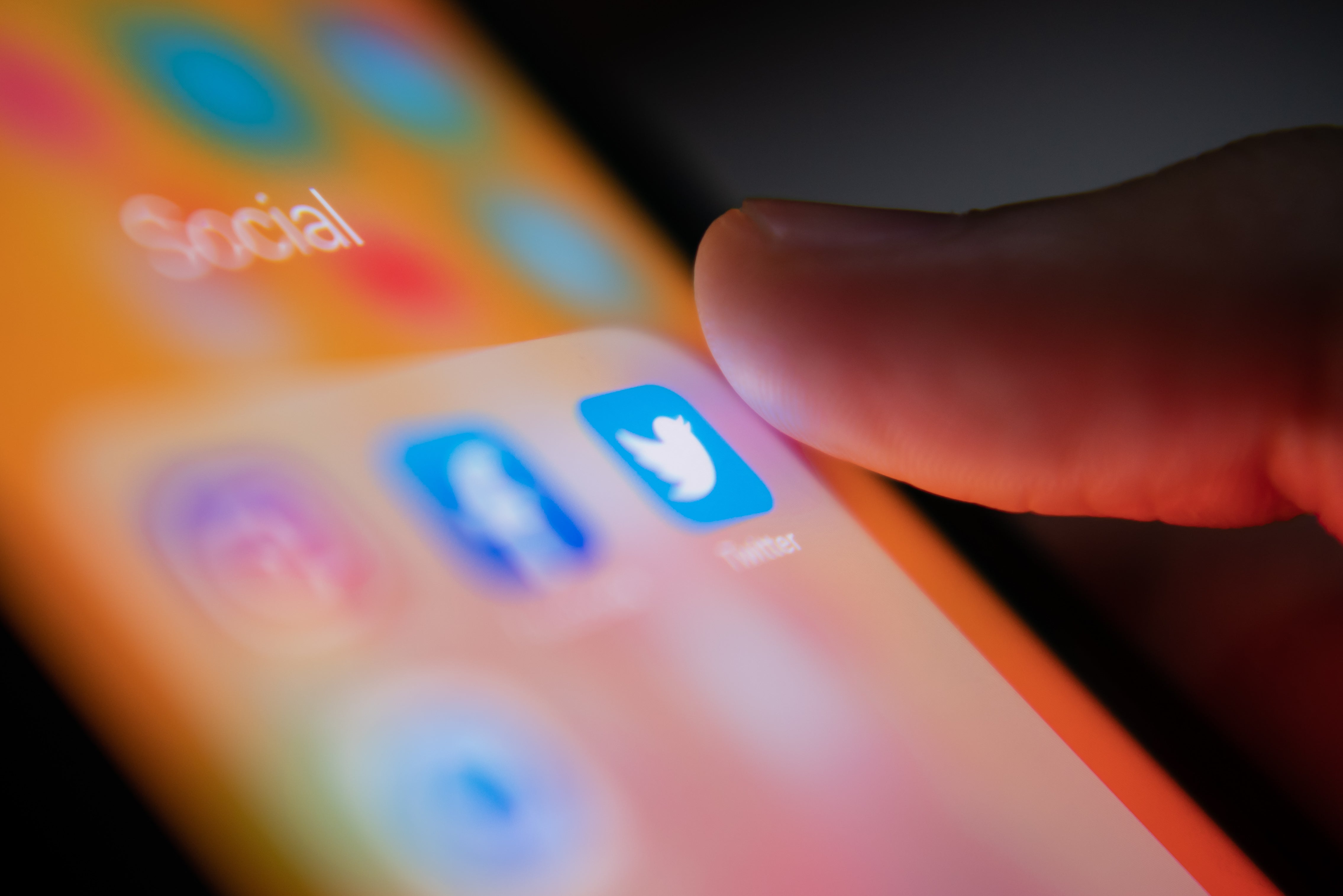You might not be an expert on Russia-Ukraine relations – and that’s OK
Social media gives us a platform – for better or worse – to speak out and make statements about what’s happening around us


Your support helps us to tell the story
From reproductive rights to climate change to Big Tech, The Independent is on the ground when the story is developing. Whether it's investigating the financials of Elon Musk's pro-Trump PAC or producing our latest documentary, 'The A Word', which shines a light on the American women fighting for reproductive rights, we know how important it is to parse out the facts from the messaging.
At such a critical moment in US history, we need reporters on the ground. Your donation allows us to keep sending journalists to speak to both sides of the story.
The Independent is trusted by Americans across the entire political spectrum. And unlike many other quality news outlets, we choose not to lock Americans out of our reporting and analysis with paywalls. We believe quality journalism should be available to everyone, paid for by those who can afford it.
Your support makes all the difference.I used to be one of those proud young people who really thought they had a lot of answers to things. I thought I knew a lot about the world, and how it works, and how it should work; and – in that grand old cliched way – the older I get, the more I realise that I really know very little.
It’s not that I don’t want to know things. I enjoy knowing things – there are a few things I know a lot about – but for the most part, when it comes to the big, important things, I am ignorant.
Let’s take, for example, the situation in Ukraine. It’s big, it’s scary, and it’s on the front stall of most media output at the moment – news-wise and social media-wise. I have a general understanding, and have taken the time to read up on why things are happening when they’re happening – and I’ve watched the BBC’s Ros Atkins’s accessible explainer videos, too.
What I am not is an expert on anything to do with Russia-Ukraine relations – and that is OK.
I think social media has tricked us into feeling like we need to have our say on all things – and perhaps more so with emotional, important news stories, so that our not saying something doesn’t unintentionally say something we don’t want it to.
It’s hard to watch atrocities happen across the world and feel helpless. Social media gives us a platform – for better or worse – to speak out and make statements about what’s happening around us.
When the pandemic sent us into lockdown, we had little to do but document proceedings online. Those of us not on the keyworker front lines were left shut indoors, scrolling and staying updated on the latest scientific news. It was hard not to feel pressure to keep on top of all the latest updates and cultivate a deep knowledge of viral immunology.
After the murder of George Floyd by police officer Derek Chauvin in Minneapolis, Black Lives Matter protests took place across the United States, and the message spread across the globe. In an effort to show “solidarity”, many people posted black squares to their Instagram accounts. This was a move that actually ended up doing more harm than good, as the deluge of plain black squares, posted by influencers and ordinary people alike, ended up pushing important organisational information off news feeds and potentially hampered protest efforts.
It’s hard to sit at home and see really horrible things happen around the world, as well as close to home, but there are ways to help from wherever you are – by donating money, signing petitions, and contacting your local MP and government representatives – that don’t require you to post about it or broadcast it to everyone you know.
To keep up to speed with all the latest opinions and comment sign up to our free weekly Voices Dispatches newsletter by clicking here
You don’t need to be an expert on the details, and you don’t need to have the answers. The situation doesn’t call for columns about how, if we simply used fewer pronouns, Putin would not be angry with the west.
Of course, if you feel empowered enough to have these discussions online and you find them useful, go for it. But we don’t all need to be experts in international politics. It’s fine to take a back seat and not make statements on social media. It’s OK to offer support from the sidelines and do what you can. It’s all right to have positive things happening in your life while horrible things happen elsewhere.
I’m not in any way suggesting that we turn a blind eye and go about things as normal, or turn away from our responsibilities as people to help others, or pretend it’s not happening. But recognising when your voice isn’t needed in certain conversations, and when you can help through small (and big) offline actions instead, can help to banish feelings of uselessness.
Join our commenting forum
Join thought-provoking conversations, follow other Independent readers and see their replies
Comments